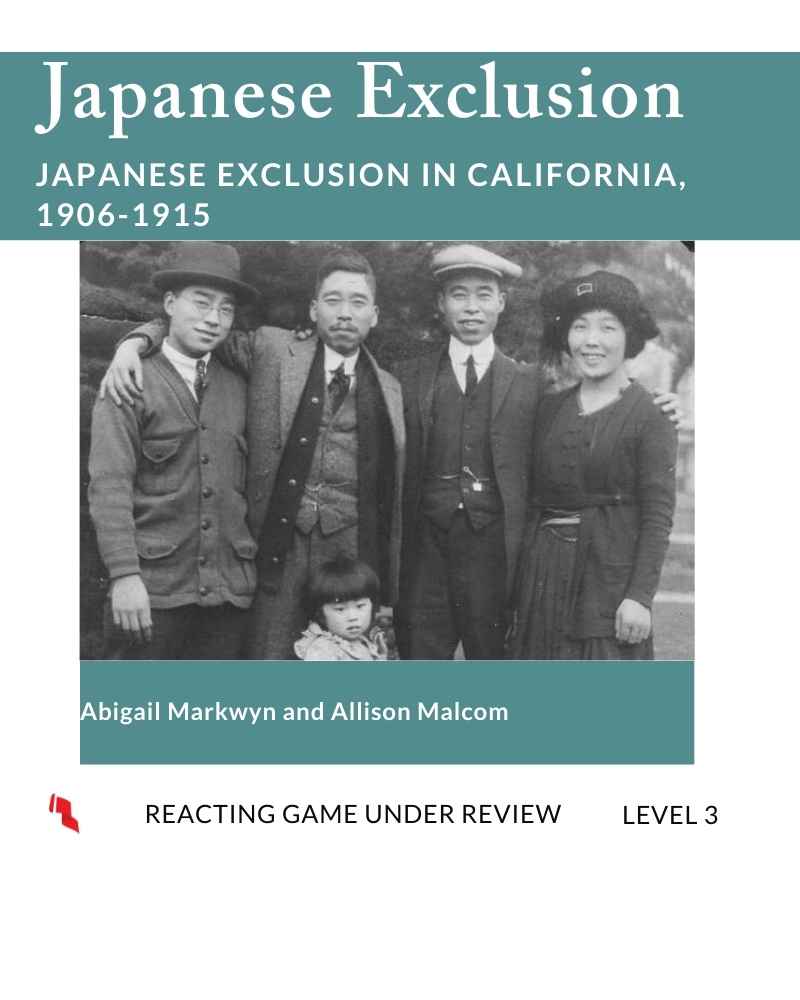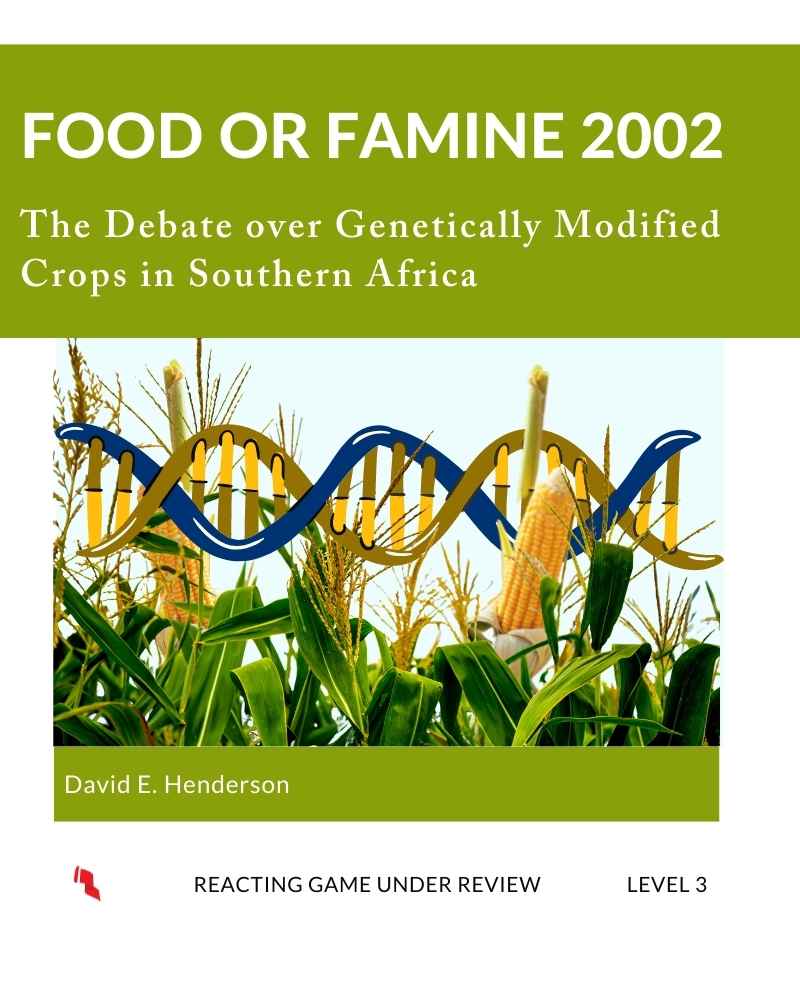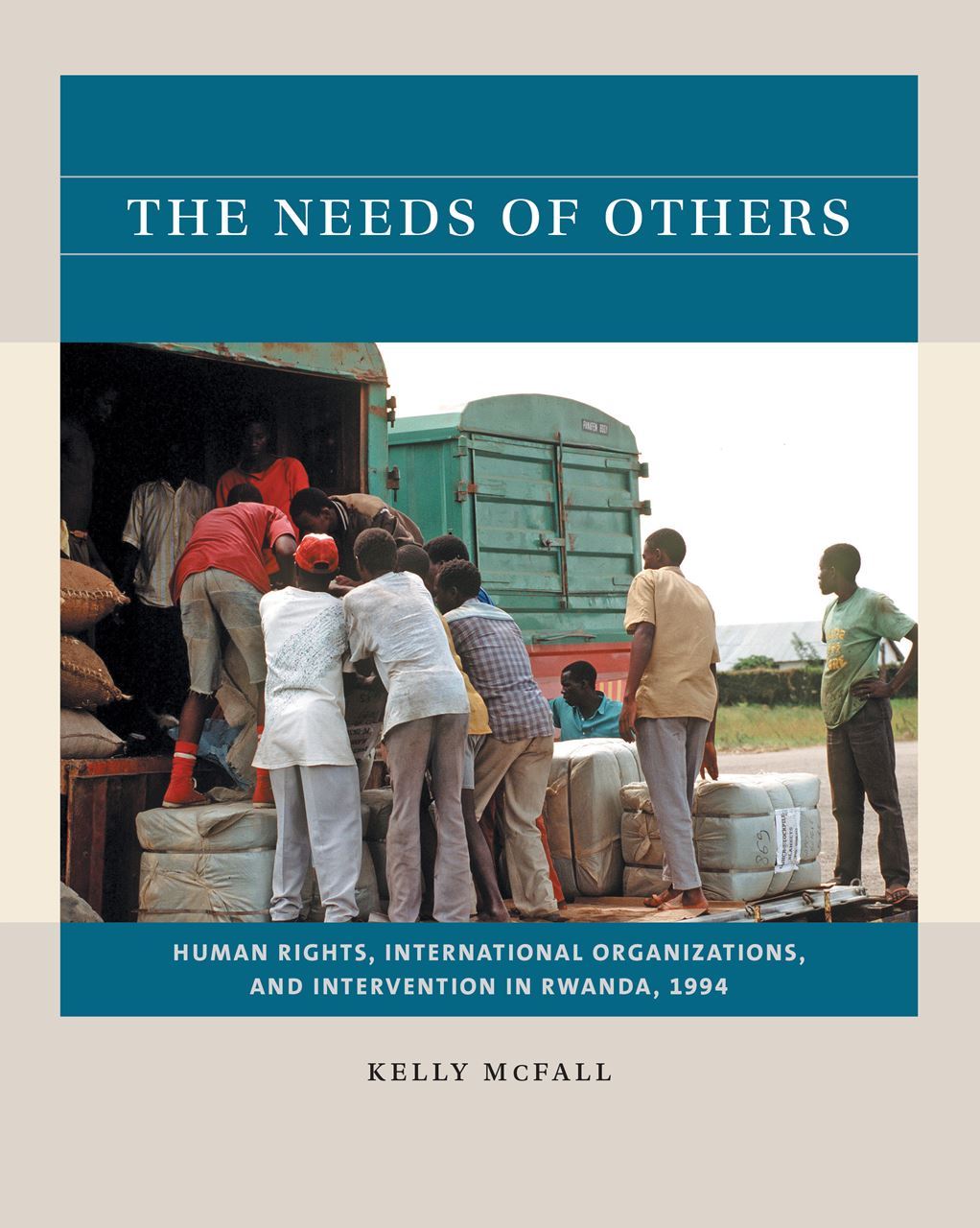 |
NORTH KOREAN HUNGER GAMES
Famine, Rogue Regimes and the Ethics of Aid, 1995-1998
by Emily Simon and Kelly McFall
 Play this game recently? | In this Reacting to the Past microgame, students will take on the question of humanitarian assistance in an environment fraught with complications. It is late 1998, and a wide range of government representatives and aid organizations have gathered to discuss the future of assistance to North Korea in Musgrove, Georgia. While no one can deny North Korea’s need, students will debate the severity of the famine, the type and amount of aid that will be most successful, the proper response and role of non-government organizations (NGOs) in North Korea, and the terms under which North Korea will even qualify for international assistance. While the issues underlying the game are difficult enough, students will also need to juggle the political baggage and history these East Asian countries bring to their arguments. Additionally, the short time allotted for such a discussion and a couple of surprises along the way will make this a challenging--even stressful--but memorable experience for all students involved.
|
Using the Game
Class Size & Scalability |
 GAME MATERIALS
GAME MATERIALS
Reacting Consortium members can download all game materials below. You will be asked to sign in before downloading.
Please fill out the Permissions Request Form before using North Korean Hunger Games in your class!
Instructor's Manual/Gamebook/Role Sheets All game materials, including the Instructor's Manual, Student Gamebook, and Role Sheets are available as a single file below. |
Members can contact game authors directly if they have questions about using the game. We also invite instructors join our Facebook Faculty Lounge, where you'll find a wonderful community eager to help and answer questions.
|
|
|


